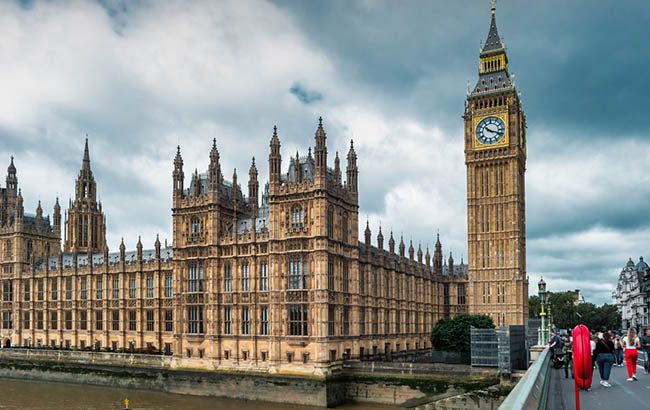UK hospitality braces for more tax rises
By Lauren BowesNew data has shown that public sector borrowing is on the rise, leading many to fear that the UK chancellor will raise taxes for the on-trade at the next budget.

According to Office for National Statistics (ONS) data, public sector borrowing rose to £20.7 billion (US$28bn) in June 2025, up by £6.6bn (US$8.9bn) on the year before. The figure is thought to be the second-highest June number, following June 2020.
The budget deficit – which is the amount borrowed to fund day-to-day public sector activities – was £16.3bn (US$22.1bn) in June 2025, a £7.1bn (US$9.62bn) increase on June 2024.
Last week, the ONS revealed that the UK hospitality sector has suffered 84,000 job losses since the October 2024 budget.
In that budget, alcohol duty was increased in line with inflation following a double-digit hike the year prior. Chancellor Rachel Reeves also increased the minimum wage and employer National Insurance contributions (NICs), described as a ‘blow’ for the hospitality sector.
Speaking at the House of Lords economic affairs committee this week (22 July), Reeves said: “We’ve got three pillars that we think about in terms of our growth strategy… The first pillar is around stability, and that means having fiscal rules that you stick to. The stability rule is that we have to get day-to-day spending funded by tax receipts…
“The easy thing to do as a chancellor is to cut capital spending. Because, frankly, you’re not likely to be the government that sees the full benefit of that capital spending. But we’re not going to keep making those short-sighted, wrong decisions, which is why I set out those changes to the fiscal rules.”
This fiscal strategy could mean that Reeves increases taxes in the autumn budget to fund the public sector.
She added: “I’m a Labour politician. I don’t think there’s anything progressive about spending £100bn a year, often to US hedge funds, when I’d rather spend that money on the health service or on our defence or on better schools for our children.
“That is why I am going to stick to those fiscal rules, so that we can start to bring down the costs of servicing that debt, so we can free up that money – whether it is to have lower taxes on working people than we otherwise would do, or we can have more money for our public services.
“The fiscal rules are not some sort of construct from me or from this government. They reflect the economic realities and the fiscal realities of the world we live in today.”
The industry responds
Responding to the public sector borrowing figures, Stephen Montgomery, director of the Scottish Hospitality Group, said: “This is quite worrying, especially when the government says its main priority for the country is to kickstart economic growth.
“This will certainly place doubts and worry in the minds of many hospitality operators ahead of the autumn budget, where the worry will be that Rachel Reeves will come at the sector yet again with more tax rises, especially after what we saw in the last budget, where the chancellor hit employers with a devastating financial blow of a rise in employer NICs.
“What we have seen since the budget has been the stalling of recruitment across the sector, with many businesses cutting operating hours, cutting employee hours, and, in many cases, cutting back on staff to help manage the ever-increasing cost pressures we see in a sector that wholly relies on consumers having disposable income to spend in their venues.
“We now know that 84,000 jobs have been lost in the sector, equating to 45% of all jobs lost since the budget, making it the hardest hit sector. A large part of the blame for this lies with UK government policy choices.”
In terms of action, Montgomery said the UK and Scottish governments need to reduce VAT to 12% for hospitality and reverse the increase in employer NICs. In Scotland in particular, he believes a reform of the non-domestic rates system for licensed hospitality is urgently needed.
“We have secured an independent review of the non-domestic rates for licensed hospitality, which will be held in 2026, but the implementation of any findings may not take effect until the next revaluation in 2029, so bridging support will be needed to cover that timeline,” he said.
“This is even more important now, given that the UK government is set to reform the business rates policy for England in 2026, which will again leave Scottish licensed hospitality businesses at a disadvantage if there is no support afforded to them.”
Related news
La Flaguerie Calvados lands in UK
